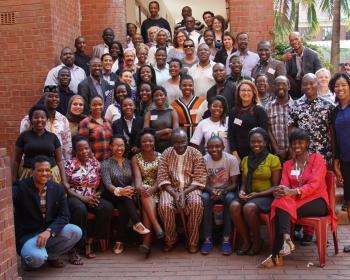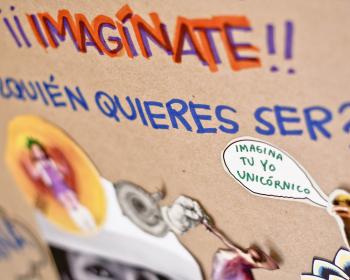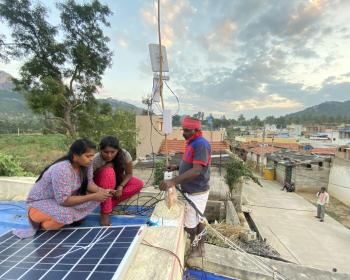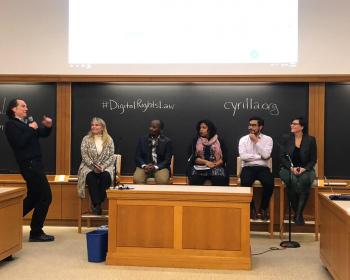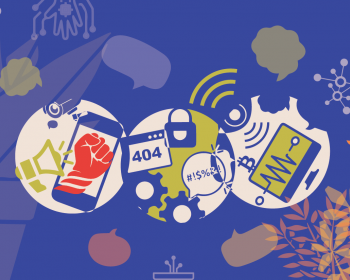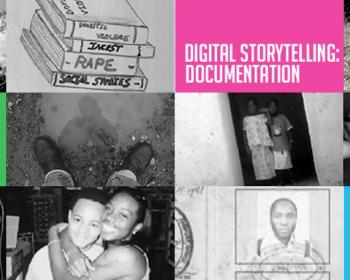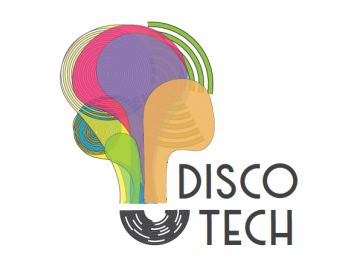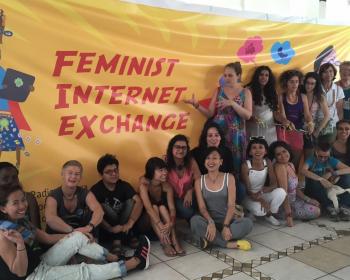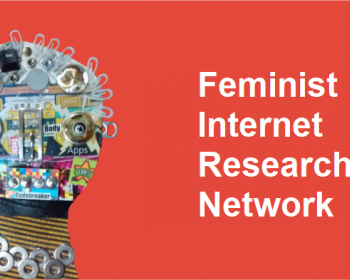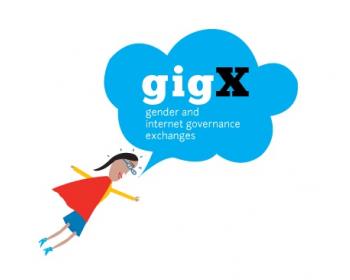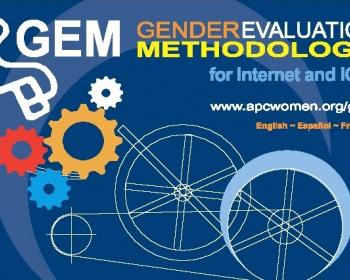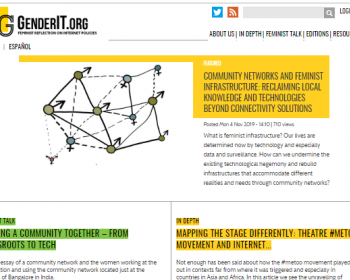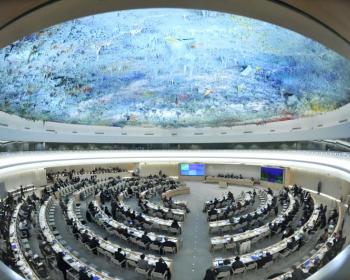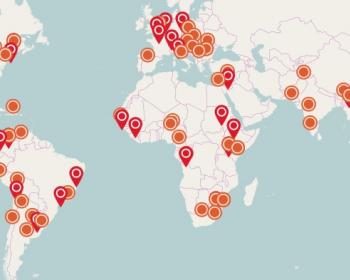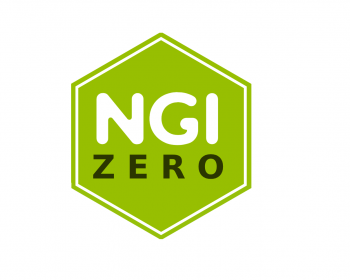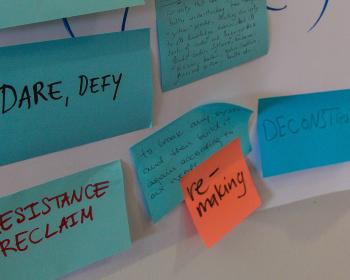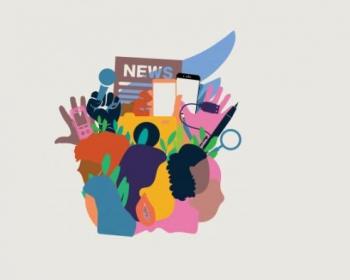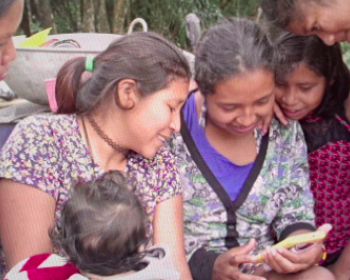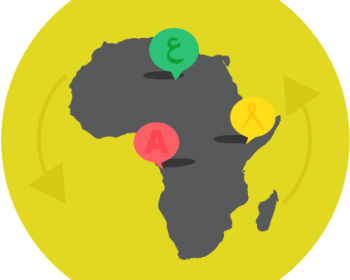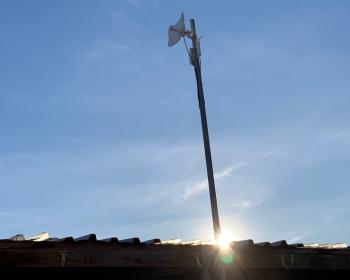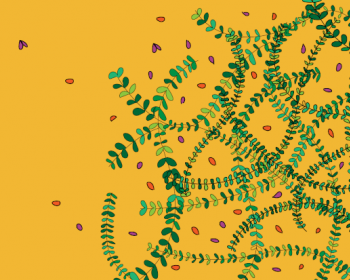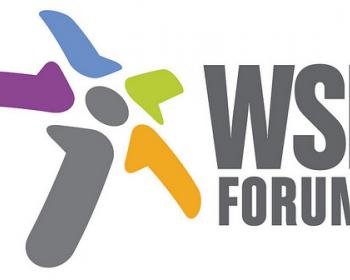Current projects
AfriSIG is a multistakeholder training initiative that aims to give Africans from diverse sectors and stakeholder groups the opportunity to gain knowledge and confidence to participate effectively in internet governance processes and debates.
All Women Count: Take Back the Tech! is a four-year project from 2017 to 2020 being coordinated by APC’s Women's Rights Programme under the All Women Count consortium. The consortium’s concern is violence against women, in particular violence experienced by women, girls and trans* people at risk.
This project will contribute to an enabling ecosystem for the emergence and growth of community networks and other community-based connectivity initiatives in developing countries. It is part of a multi-year, multi-donor strategy envisaged to address the human capacity and sustainability challenges, along with the policy and regulatory obstacles, that limit the growth of community-based connectivity initiatives.
The CYRILLA Collaborative is a global initiative that seeks to map and analyse the evolution and impacts of legal frameworks in digital environments by aggregating, organising and visualising distributed legal data through open research methodologies, data models, taxonomies and databases.
This project aims to strengthen the digital rights movement in Southeast Asia by gathering a cohort of 15 organisations and individuals from the region who identify as new entrants to the digital rights space in the region to advocate for and uphold digital rights.
The digital storytelling methodology takes people through a creative process of body-mapping, word play and games to reach for the story they want to tell. We explore ways of visually representing a story by shaping it into a poem, letter, animated comic strip, dream and more.
Disco-techs are informal peer-learning events designed to bridge the gap between technical and political solutions to attacks on internet rights and freedoms. The topics of this event change annually, but we always call it a “Disco-tech” because the format of the event is very unique: we are connecting policy to tech in a social atmosphere.
Feminist Tech eXchange (FTX) brings WRP’s unique methodology and approach to capacity building. FTX creates safe, creative and feminist spaces of exchange and experience where the politics and practice of technology are informed by local and contextual realities of women, and build collective knowledge and ownership.
The Feminist Internet Research Network is a three-and-a-half-year collaborative and multidisciplinary research project led by APC, funded by the International Development Research Centre. The project draws on the study “Mapping research in gender and digital technology”, and the Feminist Principles of the Internet collectively crafted by feminists and activists, primarily located in the global South.
APC believes that the integration of a gender, women’s rights and sexual rights perspective into internet governance conversations and processes is essential if the internet is to fulfil its transformational potential for all. Contributing to this vision, between June and September 2015, we held three regional Gender and Internet Governance eXchanges (gigX) prior to the regional Internet Governance Forums (IGFs) in Asia, Africa, and Latin America and the Caribbean (LAC).
GEM is an evaluation methodology that integrates a gender analysis into evaluations of initiatives that use information and communication technologies for social change. GEM provides a means for determining whether ICTs are worsening or really improving women’s lives and gender relations, as well as for promoting positive change at the individual, institutional, community and broader social levels.
GenderIT.org, a bilingual project of APC's Women's Rights Programme, is a feminist advocacy space that explores issues related to gender and information and communications technologies.
Global Information Society Watch (GISWatch) is an annual report co-produced by the APC network and partners, which looks at the progress being made in creating an inclusive information society worldwide (particularly in implementing WSIS goals), encourages critical debate, and strengthens networking and advocacy for a just, inclusive information society.
APC participates at the UN Human Rights Council, an intergovernmental body responsible for strengthening the promotion and protection of human rights around the globe, to raise awareness and build support for internet rights.
The Internet Governance Forum (IGF) is a multistakeholder policy dialogue space convened by the United Nations Secretary General in 2006 to “foster the sustainability, robustness, security, stability and development of the internet.”
The APC Member Engagement and Travel Fund (METF) aims to support member-driven skills sharing, and planning for collaboration among APC members, as well as members’ participation in events organised by others.
The Next Generation Internet (NGI) is a European Commission initiative that aims to shape an internet that responds to people’s fundamental needs, including trust, security and inclusion. NGI Zero's mission is to contribute to an open, resilient, human-centred internet for all by supporting the development of free/libre/open source software and hardware, open standards and open data. APC is one of the members of a consortium led by the NLnet Foundation.
Our Voices, Our Futures is a global South-led consortium, comprising CREA, APC, UHAI -The East African Sexual Health and Rights Initiative and WO=MEN, complemented by strategic partner IM-Defensoras. This initiative will amplify voices and increase visibility of structurally silenced women in Bangladesh, India, Kenya, Lebanon, Sudan and Uganda, so they can take their rightful places in civic space and participate across three key spaces: online space, physical public space and legal and policy space.
Increasingly, disinformation campaigns particularly target women and gender-diverse individuals, marginalised groups, and human rights and environmental activists. Of particular concern for APC are the disinformation campaigns that target feminist struggles and gendered discourse in an attempt to silence women, push them to self-censorship, and restrict their civic space.
This three-year initiative will support in-depth research into the scope and impacts of online disinformation and attacks against environmental defenders in Brazil, Kenya, Mexico and the Philippines.
In order to more effectively address threats and advance human rights online in the region, this project will build the capacity of the African Declaration Secretariat and Coalition and of civil society organisations who use it in policy development and in responding to internet-related human rights violations.
The initiative is being implemented by APC in partnership with Rhizomatica and aims to develop the models, capacities and sustainability of community networks.
The aim of this project is to build local capacity to catalyse more affordable and inclusive connectivity for underserved or excluded communities in low-income rural, urban and peri-urban areas. It aims to highlight the identified needs for changes to national and local regulations in order to help create an enabling environment for these complementary models, such as community networks.
Take Back the Tech! is a call to everyone, especially women and girls, to take control of technology to end violence against women. It is a global, collaborative campaign project that highlights the problem of tech-related violence against women, together with research and solutions from around the world. Take Back the Tech! leads several campaigns at various points in the year, but our biggest annual campaign takes place during 16 Days of Activism Against Gender-Based Violence (25 Nov - 10 Dec).
APC's roots are anchored in the environmental movements of the 1980s and 1990s, and many members have called for a strong network response to the global environmental crisis.
The initiative has the overall purpose of increasing advocacy for an open and democratic digital environment in Southern Africa that promotes and protects access to the internet and privacy rights online.
In partnership with members and networks, APC’s Internet Rights programme advocates for the protection, promotion and respect of human rights at the national level through the Universal Periodic Review (UPR), a unique mechanism of the Human Rights Council involving a review of the human rights records of all UN member states.
On 15-16 December 2015, the UN General Assembly held the 10-year review to “take stock of the progress made in the implementation of the outcomes of the WSIS and address potential information and communications technology gaps.” Just as WSIS sought to address pressing internet issues of the day, WSIS+10 addressed the challenges facing today’s global community.


